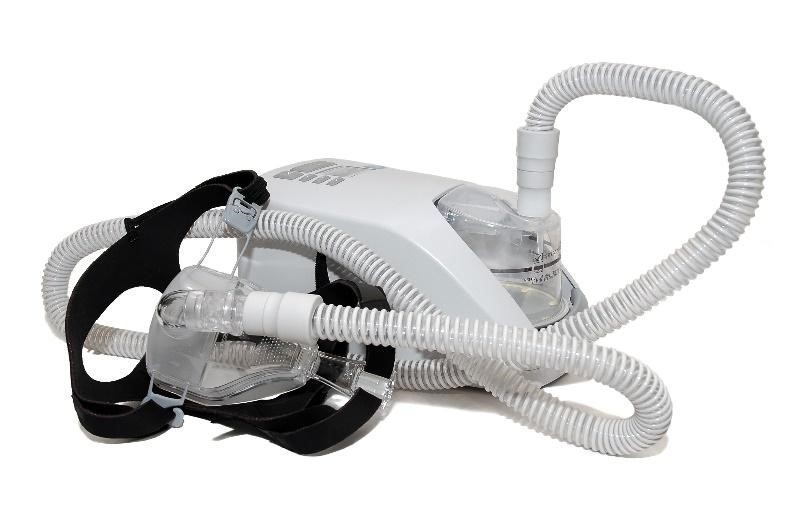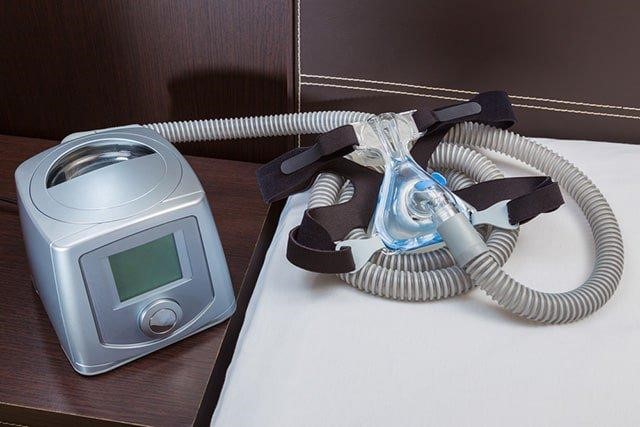Table of Contents
Can Your CPAP Mask Make You Sick?
Can CPAP machines make you sick? This is a common question when people are just starting to use a CPAP machine as a treatment therapy for sleep apnea. Moreover, it is common for most people to worry about the risk of infection from the device. Typically, when using a CPAP machine, there is a potential risk of CPAP upper respiratory infection and complications like sinus infections and pneumonia. However, with proper and regular cleaning, the use of filters, distilled water in a heated humidifier, and heated tubing, you can lessen your chances of getting sick using a cpap machine.
The Dangers of Infection

Initially, the CPAP is intended to be a sterile device. The plastic and metal parts cannot lead to illness on their own, and germs will not be present when the machine is new. When you start using it, any germs inside the mask, tubing, or device are a result of your recklessness.
Notably, you are at a low risk of getting a new infection from a CPAP if you are using your device alone. Bacteria or viruses may accumulate from breathing, dust, and oily elements from the skin. Even though there may be a reasonable concern for potential infection or lung damage from CPAP machine use, there is little research in adults indicating such an association. Nevertheless, there have been several case reports in the scientific literature of doctors suggesting Legionella pneumonia and Strep infection associated with CPAP machine use.
Many CPAP users ask – can a dirty CPAP cause a sore throat? The only substantiated study shows that there have also been a few reports of eye irritation and ulceration. That could possibly be related to masks leaking air into the eyes, but the cause-and-effect relationship is not clear.
Moreover, some research shows that regular CPAP use reduces inflammation and the risk of infection in the nasal passage. Cells related to these phenomena are seen less often in the noses of compliant users of the therapy. More research is required to discover the relationship between CPAP therapy and rates of infection.
Potential Risks of Warm and Humid Environments

The CPAP machine has “creature features” that make it more comfortable to use. The heated humidifier and heated tubing make the air warmer and moist. That may reduce CPAP breath odor, mouth, and nose dryness, and that may, in turn, decrease the risk of potential infection. In many cases, it improves tolerance to the therapy.
Dangerous molds could also establish themselves in the equipment. These organisms make the CPAP machine smell sour and could potentially be harmful to you by causing irritation of the airways and lungs. It may contribute to cough, or possibly even an infection such as bronchitis, pneumonia, or inflammation of the lungs called pneumonitis.




 Shop
Shop



